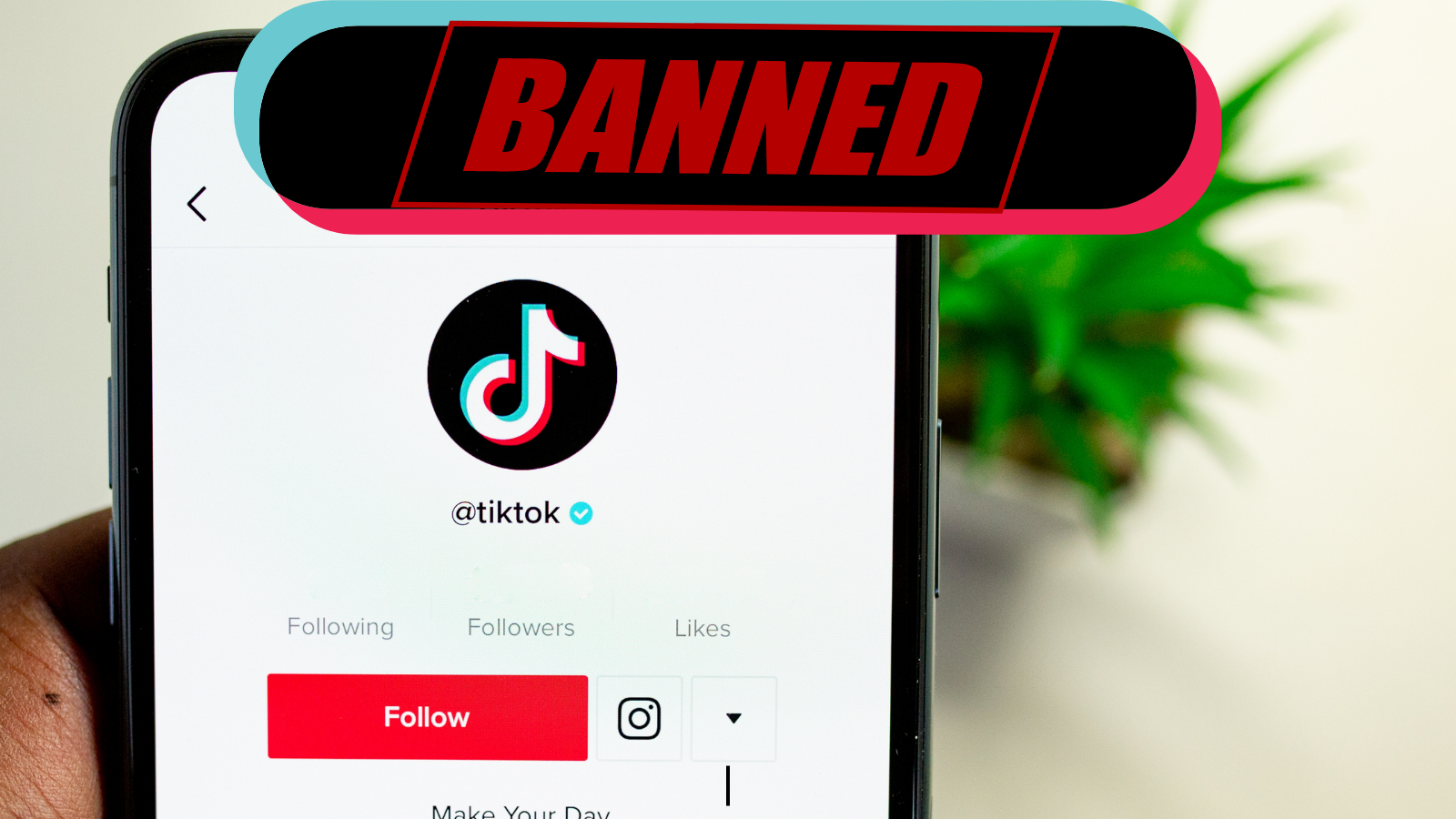Starting next year, residents of Montana will no longer be able to use the popular social media app TikTok. Senate Bill 419 was signed by the state’s governor Greg Gianforte on May 17 in what he stated was in the interest of protecting Montana’s cybersecurity.
The statewide ban comes one month after TikTok’s CEO, Shou Zi Chew, testified before congress regarding the app’s data mining capabilities. The hearing focused on congress’s suspicion that TikTok is being used to collect the personal data of Americans and sending it to the Chinese Communist Party. While Chew testified that TikTok does not collect user data from American citizens, however, Governor Gianforte was not convinced of the app’s data security.
TikTok will not leave the state of Montana quietly, however. The company filed a lawsuit on May 22 alleging that the statewide ban infringes on the First Amendment rights of Americans and the company. The senate bill signed by Gianforte would give Montana the authority to fine the app’s parent company, ByteDance, $10,000 for every day they violate the ban. It would also give Montana the power to fine the same amount to any app store that offers the service to anyone in the state. There are currently no details on how Montana plans to enforce the ban.
The efforts to stop Tiktok have been criticized by Mao Ning, spokesperson for the Chinese Foreign Ministry. Ning stated that the ban serves as an “abuse of state power”. “I want to stress that the US side has not provided any evidence to prove that TikTok poses a threat to the national security of the US,” Ning mentioned in a briefing.
However, in May 2022, Tiktok changed it’s privacy policy stating that ByteDance staff in china did in fact have access to the user data. The argument against TikTok’s ban is that while Chinese employees have the capability to access user data, there is no evidence that the data itself has been accessed.
President Biden signed a bill last December that bans TikTok from all government devices, citing national security concerns. While it remains legal for citizens to use the app, the united states government has for some time been heavily considering a nationwide ban for all US citizens.
Christopher Scharf
Staff Reporter


